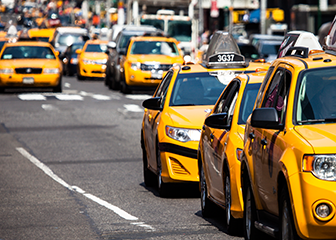Certain industries may be headed for collapse as a result of the rapid advancement of technology, automation, artificial intelligence (AI), and shifting customer behaviour.
As a result, numerous industries will have to change or risk going extinct. During the next ten years, the following five industries might cease to exist in their current form:
Actual Retail Establishments
Physical retailers are under pressure from the transition to internet purchasing, which doesn’t seem to be slowing down. Shoppers are drawn online by the unparalleled ease, affordability, and product availability provided by e-commerce behemoths like Amazon and Alibaba.
Even if physical stores won’t disappear overnight, a lot of them might close in the upcoming years, particularly in the fashion, book, electronics, and even grocery industries. It’s possible that most shopping in the future will take place online, with specialised or experience-focused establishments existing.
Travel Companies
Remember when you used to contact a travel agent to book your vacation? Thankfully, those days are largely gone thanks to a few specific internet platforms.
These days, individuals can organise and schedule their own travel via AI-powered resources and applications that provide tailored suggestions. The conventional travel agency model is rapidly disappearing, notwithstanding the possibility that some speciality travel companies will endure.
Publication of Newspapers and Magazines
Since readers are moving to digital platforms, print journalism has been steadily declining for years. Since they can obtain the most recent news online for free, many individuals no longer purchase physical newspapers or periodicals.
In the next ten years, print copies of the majority of newspapers and magazines may vanish from circulation, even though certain publications would continue to exist in digital format.
Drivers of Taxis and Delivery
The growing number of autonomous cars may have significant effects on delivery and taxi drivers. Leading the way in the use of self-driving cars, trucks, and drones are companies like Waymo, Tesla, and Uber.
In the near future, these cars may take the position of human drivers for transportation and deliveries. The necessity for drivers may not exist in the near future, even though humans may still supervise the procedure.
Information Input
AI and machine learning technologies, which analyse information far more quickly and correctly than people, are replacing data entry workers.
In order to reduce costs and save time, businesses are turning to automation for jobs like data entry. Low-level data entry jobs are probably going away in favour of more effective automated systems, however certain speciality professions might still be needed.











